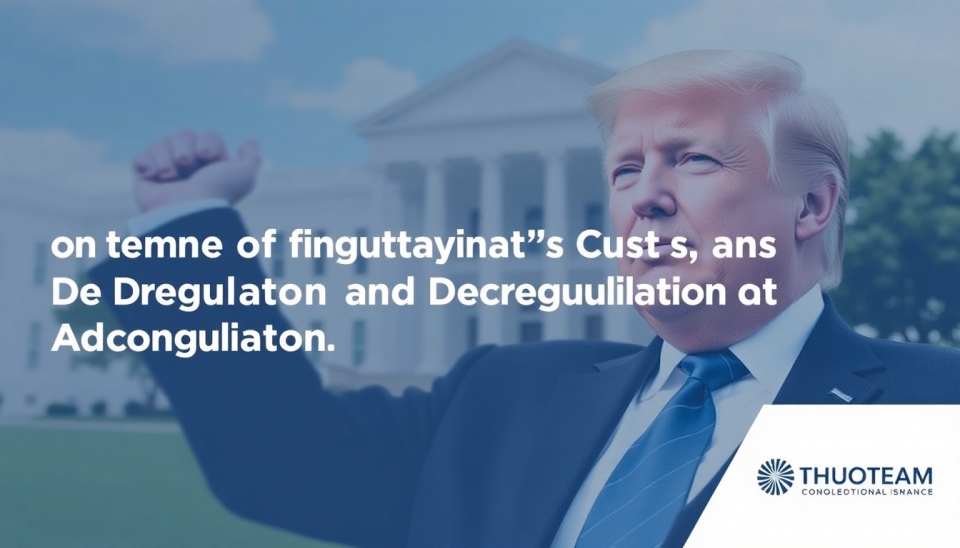Goldman Sachs Increases Recession Probability Due to New Tariffs

In recent days, economic realities have become more pressing, and analysts at Goldman Sachs have raised the probability of a recession occurring in the United States. In their latest report, they noted that economic indicators are increasingly worrisome, particularly in light of new trade tariffs coming into effect. The global economy continues to feel the pressure from political and economic factors, including those stemming from major trading partners, which creates additional risks for growth.
Goldman Sachs economists indicate that if the current trade conflicts are not resolved swiftly, this could lead to a further deterioration of the economic situation. They are especially concerned about the likelihood of further downgrades in economic forecasts if the new tariffs begin to negatively impact business and consumer spending. They emphasize that such a scenario could not only slow growth but also potentially lead to a recession.
According to Goldman Sachs' analysis, the probability of a recession in the coming months has risen to 35%. This warning raises serious concerns among investors and analysts who are monitoring the state of the economy and trade policies.
The adjustment of economic forecasts occurs against a backdrop of growing fears about a slowdown in the global economy. The increase in tariffs and worsening trade relationships could trigger a chain reaction that significantly impacts the domestic market.
Among the key factors contributing to the deterioration of the economic situation, Goldman Sachs analysts also cite instability in financial markets, rising inflation, and negative consumer sentiment. All of these factors combined call into question the sustainability of current economic indicators.
In light of this, the company's analysts recommend that investors consider these risks and possibly reassess their investment strategies. Given the present realities, it is crucial to remain flexible and ready for potential changes in the economic environment.
It is worth noting that even in the face of high uncertainty, central banks may take measures to stimulate the economy, but their actions may prove inadequate to prevent a recession.
Thus, the harbingers of economic storms may not only be tariff changes but also the overall state of the global market, necessitating close attention from all economic participants.
#GoldmanSachs #recession #economy #trade #investment #financialindicators




